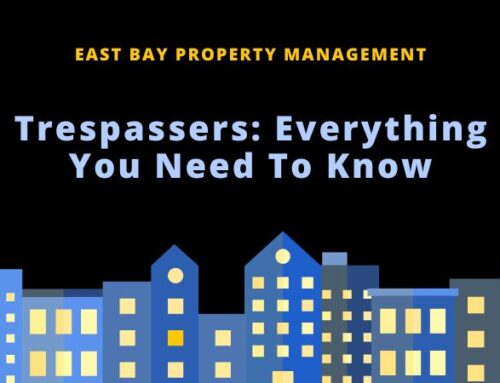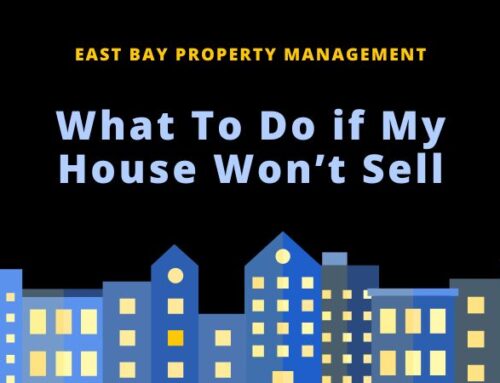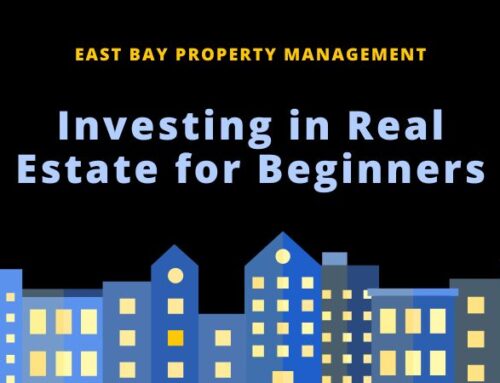When a property owner decides to leave their home to convert it into a rental, sometimes they want to leave behind certain items as a favor to the incoming tenant. Items such as the following:
- Lawnmower
- Pool table
- Drapes
- Fire extinguisher
- Garden tools
- Piano
As a landlord yourself, you may be wondering if it’s okay to leave these kinds of items behind. It may be surprising to hear, but in reality, you should never leave behind any personal property. Here are three reasons why you should forgo this seemingly thoughtful act.
1. Liability
As an example, if you leave behind a lawnmower and the tenant’s teenage son cranks up the lawnmower and ends up cutting his toes off, you are liable. If it had been his lawnmower, there would be no problem regarding your involvement. However, when the item that causes damages was yours, the liability issue is tied to you, according to California Law. Therefore, never leave behind any personal property based on the reason of liability alone.
2. Maintenance
Whatever you leave behind, as a landlord, you’re responsible for maintaining. As the law states, “if you provide it, you must maintain it.” For example, when you provide a lawnmower, you’re responsible for maintaining the lawnmower to keep it in good working condition. Or if you leave behind a fire extinguisher, you’re responsible for maintaining it in precaution of a possible fire.

If the items you left in the property are not maintained, they risk endangering the lives of your tenants, such as in the case of the fire extinguisher, or they worsen living conditions. When you don’t leave any personal property behind for the tenants, you prevent this issue completely.
3. Unprotected Personal Property
The law does not protect your personal property. While you can repair any damages caused to the building itself and deduct the costs from the tenant’s deposit, you cannot do the same for damaged items you left behind. If you make a visit to the empty property once the tenant has moved out and you see a large hole in the wall, you’re able to repair it using the deductions of the security deposit.
However, for example, if you’ve left behind a pool table and you see a 6-inch rip in the felt of the tabletop, you’re not able to deduct costs from the tenant’s deposit. California law states that any personal property left behind that might be damaged cannot be deducted from the security deposit.
Bottom Line
For these three reasons alone, it isn’t worth leaving behind personal property. The laws concerning liability, maintenance and property protection predict additional challenges you would have to face, on top of the many landlord responsibilities you already deal with. If you still aren’t sure about the California laws regarding this subject, or any other property management topics, contact East Bay Property Management and Consulting today. When you work with us, we can ensure that your property’s every need will be fulfilled.





